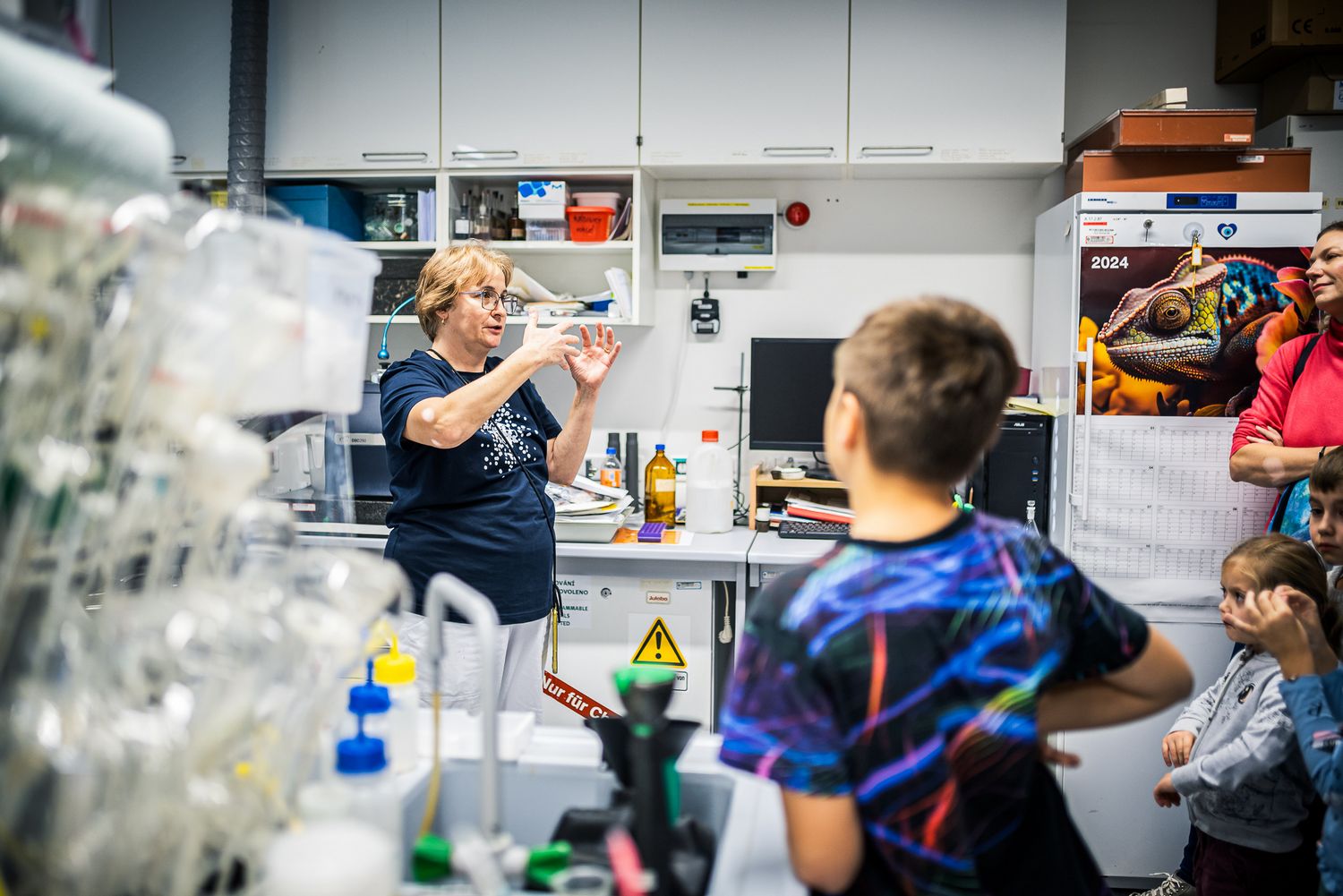26. listopadu 2018 proslovil na ÚOCHB přednášku Em. Prof. Erik De Clercq (Rega Institute for Medical Research, KU Leuven), průkopník ve vývoji antivirových terapií a spolu s prof. Antonínem Holým (ÚOCHB) objevitel klíčové skupiny léků účinných proti HIV.
V přednášce se Prof. De Clercq věnoval 50 letům své vědecké kariéry, která vedla ke vzniku mnoha různých léků pomáhajících milionům pacientů po celém světě.
Zde najdete záznam přednášky v adaptivním a interaktivním formátu SlidesLive.
Nebo se na ni můžete podívat na YouTube zde:
Abstrakt přednášky:
Fifty years of research (1968-2018) towards the identification of selective antiviral drugs have been primarily focused on antiviral compounds active against DNA viruses [i.e. herpes simplex virus (HSV), varicella-zoster virus (VZV), cytomegalovirus (CMV), hepatitis B virus (HBV)] and retroviruses [i.e. human immunodeficiency virus (HIV)]. For the treatment of HSV infections, the aminoacyl esters of acyclovir were designed, one of which (the valine ester valacyclovir) became the successor of acyclovir in the treatment of HSV and VZV infections. BVDU (Brivudin) still stands out as the most effective among the marketed compounds for the treatment of VZV infections (i.e. herpes zoster), although its potency against VZV is still surpassed by that of FV-100 (the valine ester of Cf1743). In the treatment of HIV infections, ten tenofovir-based drug combinations have been marketed, and the single tenofovir-derived prodrugs tenofovir disoproxil fumarate (TDF) and tenofovir alafenamide (TAF) have also proved effective in the treatment of HBV infections. As a spin-off of our anti-HIV research, a CXCR4 antagonist, AMD-3100 was found to be therapeutically useful as a stem cell mobilizer and has since 10 years been approved for the treatment of some hematological malignancies.
Čtěte dále...





